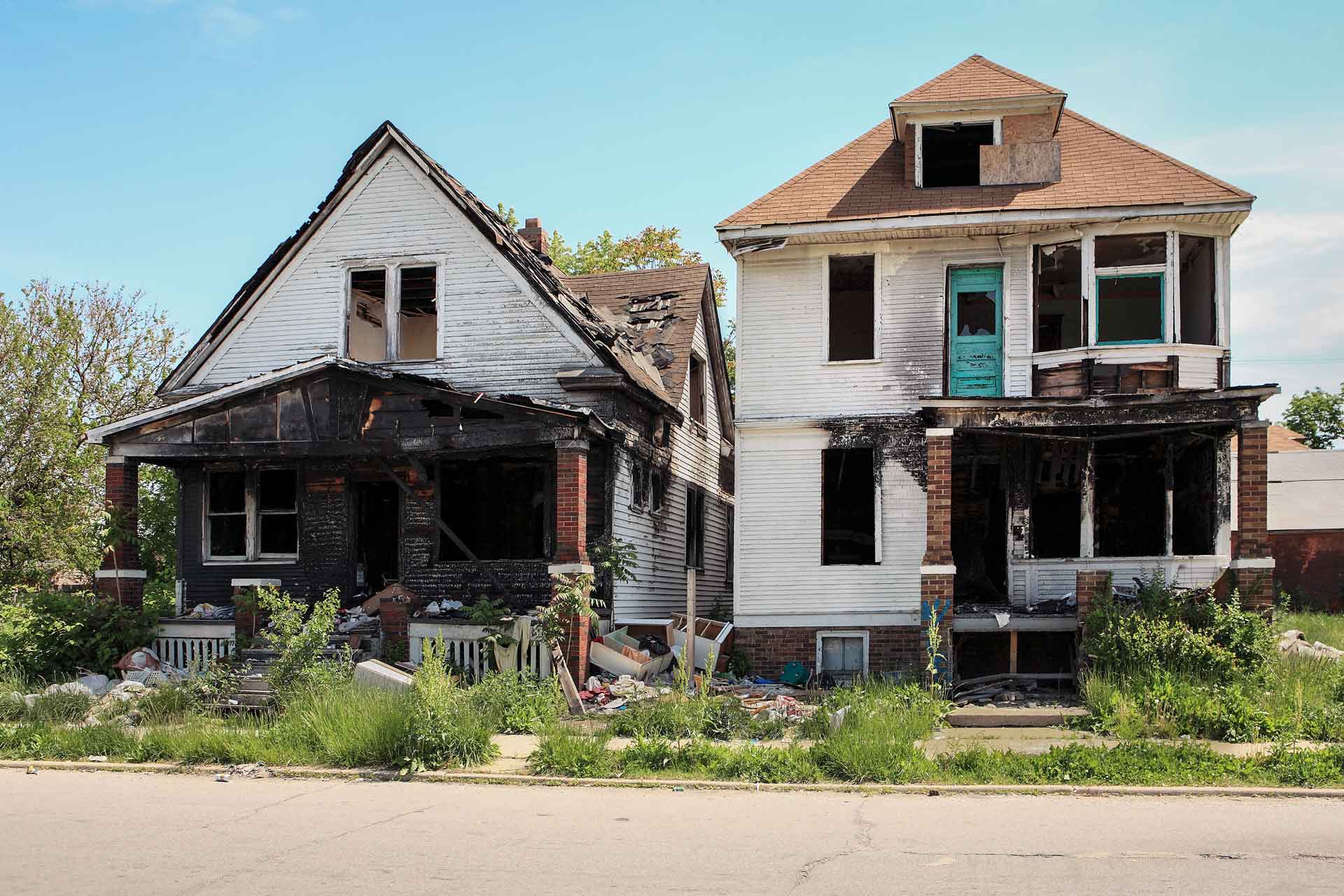During a recession, distressed properties may present an opportunity for buyers to purchase properties at a discounted price. These properties are often in need of repair or have been foreclosed upon, and may be sold at a lower price due to the financial strain the owner is under. Here are some steps you can take to find distressed properties during a recession:
Research market conditions: Before you start looking for distressed properties, it’s important to understand the current market conditions in the area you are interested in. This will give you a better idea of what types of properties are available, and at what price point.
Look for foreclosures: One of the most common types of distressed properties are those that have been foreclosed upon by the lender. You can find listings for foreclosed properties on real estate websites, or by searching public records at your local county assessor’s office.
Search for short sales: Short sales occur when the owner of a property is unable to pay their mortgage, and the lender agrees to sell the property for less than the outstanding mortgage balance. These properties can be a good deal, but they can also be more complicated to purchase, as they require the approval of the lender.
Consider properties in need of repair: Properties that are in need of repair can also be a good deal during a recession. These properties may be sold at a discounted price due to the cost of repairs, and can be a good opportunity for handy buyers to get a property at a lower price and add value through renovations.
Network with real estate professionals: Real estate agents, brokers, and other professionals in the industry may have access to listings for distressed properties that are not publicly available. Building relationships with these professionals can help you find properties that may not be widely advertised.
Attend auctions: Foreclosed properties are often sold at public auctions, which can be a good way to find distressed properties. Keep in mind that auctions can be competitive, so it’s important to do your research and be prepared to bid quickly.
Negotiate with the seller: In some cases, you may be able to negotiate with the seller to get a better deal on a distressed property. If the seller is motivated to sell, they may be willing to accept a lower offer. It’s important to be realistic with your offer, and to have a clear understanding of the property’s value and the seller’s financial situation.
Get financing: If you’re planning to purchase a distressed property, it’s important to have a solid financing plan in place. Depending on the condition of the property, traditional lenders may be hesitant to lend, so you may need to explore alternative financing options such as private money lenders or hard money loans.
Do your due diligence: Before purchasing a distressed property, it’s important to do your due diligence and thoroughly assess the condition of the property. This may include getting a home inspection, reviewing any liens or legal issues, and understanding the cost of any necessary repairs.
By following these steps, you can find distressed properties during a recession that may present a good opportunity for a discounted purchase. It’s important to do your research and be prepared to act quickly, as distressed properties can be in high demand


